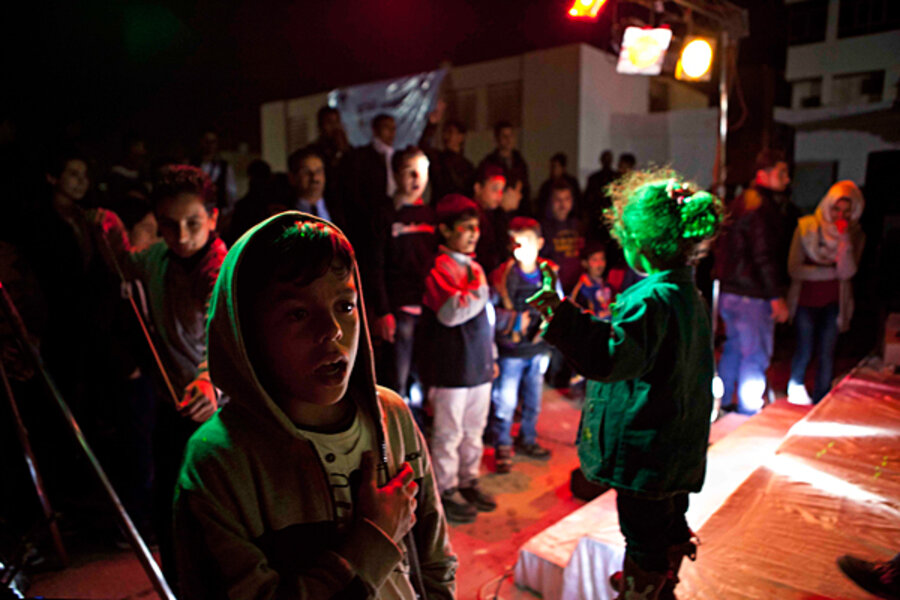In Libya, pride and waiting
Loading...
| Benghazi, Libya
"Qaddafi banned all kinds of things, anything where people could get together: football, card playing, games, boxing, clubs, any kind of hobby," says a young Libyan businessman. Upon my arrival in Libya, I'm struck by the quiet. Cities lack the buzzing streets and bustling nightlife of other Arab cities. Abandoned construction sites, including hundreds of half-built apartment complexes, fill the outskirts of cities and line the roads running along the coast.
But a closer look proves that life in the new Libya is not buried inside family homes. Young people ride BMX bikes and break dance in the streets. They perform music in cafes and at talent shows. There is a feeling of relief at this new burst of activity and pride at having accomplished their revolution, in contrast with Arab neighbors that are still struggling.
Alongside the pride is the waiting: waiting for big changes, waiting to catch up to the rest of the world. Libyans often apologize for not speaking English; Muammar Qaddafi banned it in schools, and they seem frustrated at their lost opportunity. "Look at our streets, our buildings – neglect!" says one Benghazan. "Qaddafi did nothing for us!" Across the political spectrum, Libyans are looking forward.







